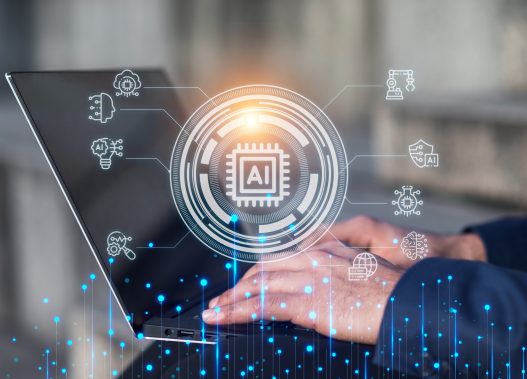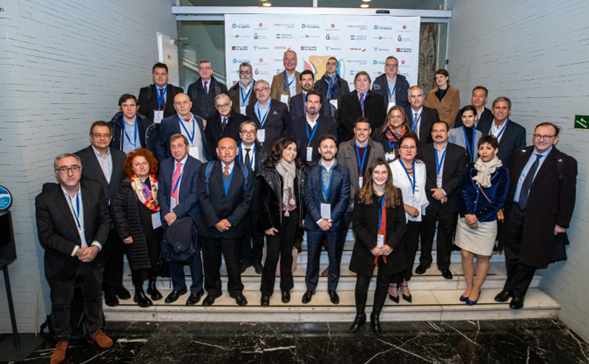
THE EU, WORLD LEADER IN REGULATING THE IA WITH RESPECT FOR FUNDAMENTAL RIGHTS
By Julio García / Aquí Europa
The EU marked a historic milestone last Wednesday, March 13, 2024, with the approval of the Artificial Intelligence (AI) Law, the first in the world and possibly the only one that is reliable, safe and respectful of fundamental rights, concepts that move away from the AI model defended by the governments, for example, of the USA or China.
This regulation responds to the concept of Artificial Intelligence (AI) held by European legislators, considering it a set of rapidly evolving technologies that generates a wide range of economic and social benefits from all sectors and social activities.
However, these socio-economic benefits of AI may also give rise to new risks or negative consequences for specific individuals or society as a whole.
The improved prediction, optimization of operations and resource allocation, as well as the provision of services that AI facilitates, support positive social and environmental outcomes, while providing competitive advantages to European businesses and the European economy. This is especially needed in high-impact sectors such as change, environment and health, public sector, finance, mobility, home affairs and agriculture.
In response to the speed at which technology is changing and the difficulties that could arise, the EU has sought a balanced approach, to serve its interest in preserving its technological leadership and ensuring that Europeans can take advantage of new technologies that are developed and operate in accordance with EU values, fundamental rights and principles.
One of the objectives of this new law is to inspire confidence in citizens and other users to adopt AI-based solutions, while trying to encourage companies to develop such solutions.
AI should be a tool for people and a positive force in society, and its ultimate goal should be to increase human welfare. Accordingly, rules relating to AI present on the Union market or affecting its inhabitants in any way must be people-centered, so that the population can be assured that the technology is used in a safe way and in line with the law, which also implies respecting fundamental rights.
Furthermore, the law also responds to explicit requests from the European Parliament (EP) and the European Council, which repeatedly called for legislative measures to ensure that the internal market for AI systems functions properly and that the benefits and risks associated with this technology are properly addressed in the Union.
Accordingly, the regulation, which was agreed in negotiations with Member States in December 2023 after three days of intensive talks, has this objective of protecting fundamental rights and EU values by ensuring that AI systems placed on the European market and used in the Union are safe.
In this regard, the new rule prohibits AI applications that threaten citizens’ rights, such as biometric categorization and untargeted facial image extraction, as well as emotion recognition in the workplace, social scoring and predictive policing.
The use of biometric identification systems by law enforcement is restricted and subject to strict safeguards. In addition, clear obligations are set out for other high-risk AI systems, such as keeping records of use and ensuring human oversight.
Furthermore, AI systems will have to meet transparency requirements, and manipulated images will have to be clearly labeled.
The European Parliament has also adjusted some aspects of the regulation to support startups that lack the resources to meet regulatory requirements.
Thus, the AI legislation includes specific provisions for SMEs, such as testbeds that startups and SMEs will be able to access.
————
This article was originally published in Aquí Europa, with whose permission we reproduce it.



